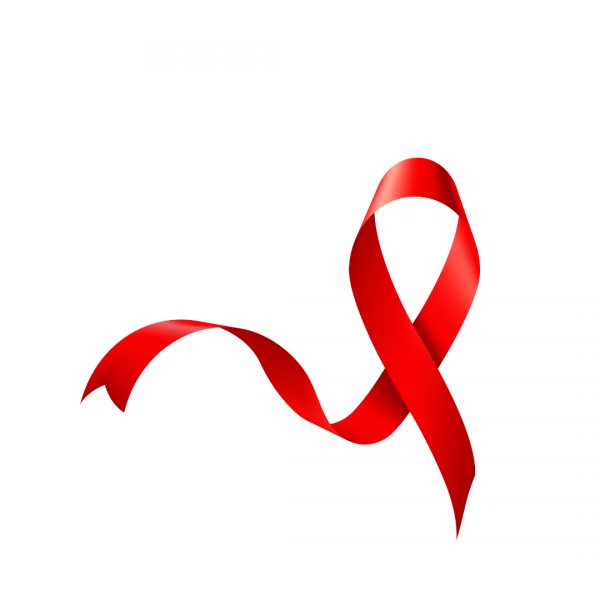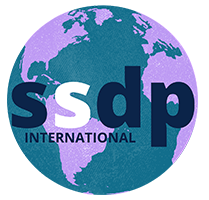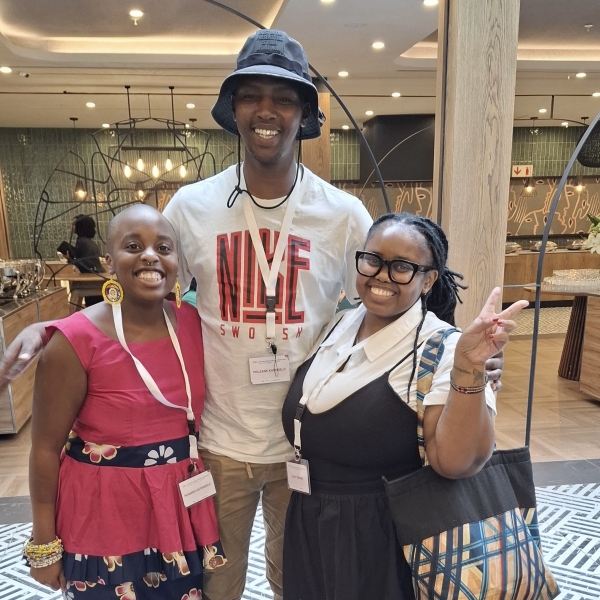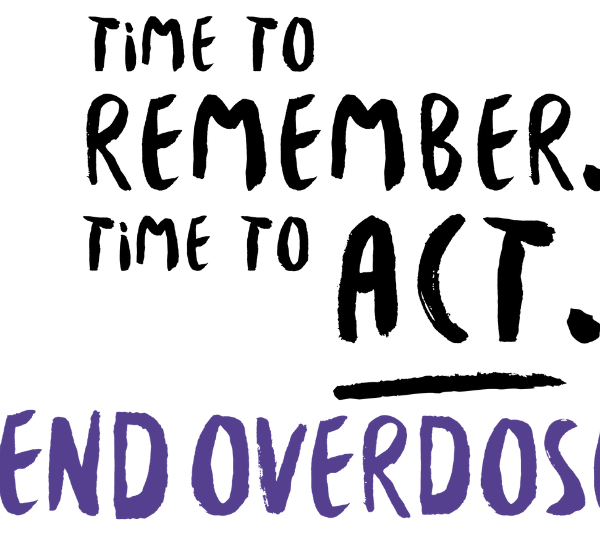How to Advocate on World AIDS Day 2022

We cannot end AIDS without drug decriminalisation and accessible harm reduction services. December 1st marks World AIDS Day, this year the call to action is “Equalize”. People who use drugs remain disproportionately affected by AIDS and underserved by services. SSDP International calls on chapters across the world to campaign for drug decriminalisation and increased harm reduction services in order to end AIDS.
“UNAIDS is committed to supporting countries in their journey towards the decriminalization of drug possession and to full-scale implementation of harm reduction programmes,” said UNAIDS Executive Director, Winnie Byanyima. “UNAIDS calls for the full involvement of communities of people who use drugs in achieving legal reform aimed at decriminalization and in the organization of harm reduction programmes at the country level. This will help us to end inequalities and end AIDS.”
How to Organise
Coordinate with Local Organisations & Networks of People Who Use Drugs
Organisations near you may already be engaging in World AIDS Day and might have more skills/knowledge in the area. Reach out to local organisations to see if your chapter can get involved and support their efforts. Similarly, you could raise funds for organisations engaged in HIV prevention & treatment, such as Needle/Syringe Services, Drug Consumption Rooms, and Networks of People Who Use Drugs, for example. This day is also an opportunity to discuss the accessibility of HIV services for people who use drugs. Reach out to your local/national network of people who use drugs or a union of people who use drugs to see if they need any support.
Meet with Policy & Decision Makers
Initiate courtesy visits to engage policy and decision-makers in your community and if possible at the national level. Create a dialogue around HIV prevention through evidence base harm reduction strategies. A town hall meeting could be organized and community stakeholders invited to engage the policymakers. Convince them to pledge to support sensible drug policy and commit to end the HIV epidemic, especially among people who inject drugs and other key groups. A simple pledge card to support drug decriminalisation or harm reduction services could be printed and given to these stakeholders to write their names to show commitment.
Run a Social Media Campaign
AIDS is not over and there is a need to constantly push out social media campaigns to educate, advocate and support initiatives that end this epidemic. Chapters can either collaborate with one another or stand-alone to design campaign strategies around HIV prevention awareness, myths about HIV, ending the stigmatization of PWUDs and discrimination of LGBTQ, harm reduction etc. Just like the pledge mentioned in engaging policymakers above. An online pledge could be created where young people upload their pictures pledging to join the fight to “Equalize”. Short videos, graphics and podcast ideas could be used for social media campaigns.
Facts & Resources
In 2021 38.4 million people were living with HIV. The risk of acquiring HIV is 35 times higher among people who inject drugs than among adults who do not inject drugs. Between 2010-2019 new HIV infections among people of all ages globally dropped by 23%, yet there is no evidence of change among people who inject drugs, with increased incidence in some regions. Less than 1% of people who inject drugs live in countries with UN-recommended levels of coverage of needles, syringes and opioid substitution therapy. Only 33 needles/syringes are provided per person who injects drugs per year, compared to the high coverage target of over 200.
UNAIDs 2025 targets include:
Less than 10% of countries criminalize drug use and possession of small amounts of drugs
Less than 10% of people who use drugs report experiencing stigma and discrimination
Less than 10% of people who use drugs lack mechanisms for people living with HIV and key populations to report abuse and discrimination and seek redress
Less than 10% of people who use drugs lack access to legal services
Less than 10% of health workers and law enforcement officers report negative attitudes toward people who use drugs
Less than 10% of people who use drugs experience physical or sexual violence
UNAIDs has called for the ending of criminalisation of drug use and possession of personal use because systematic reviews have found that criminalisation has a negative effect on HIV prevention and treatment and that repressive policing of drug use is associated with HIV infection, needle sharing and avoidance of harm reduction programmes.
References & Resources:
HIV and People Who Use Drugs - Human Rights Face Sheet Series 2021 - UNAIDS
Global State of Harm Reduction 2022 - Harm Reduction International
Drug Decriminalisation: Progress or Political Red Herring? - INPUD




